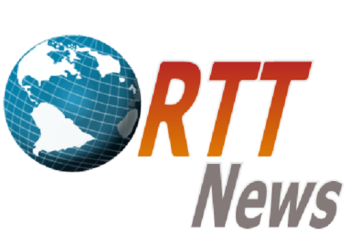
A set of new reports released by the U.S. Department of Health and Human Services (HHS) show that in 2022, Big Pharma charged Americans two to three times more than what they charged people in other OECD countries for the same drugs.
For example, U.S. gross prices for insulin – a drug that costs drug companies $10 a vial to make – were on average almost ten times the price in the United States than in France and the United Kingdom.
This comes as large drug companies spent nearly $750 billion on self-enriching stock buybacks and dividends over the last decade, the White House said. “Big Pharma also executed over $135 billion in mergers and acquisitions in 2023 alone, while passing the cost to consumers. And six of ten of the drugs selected for this year’s negotiation program raised their prices in the first month of 2024 – after all ten drugs were already priced three to eight times higher in the United States than in other countries,” it said in a statement.
Thursday, HHS’s Office of the Assistant Secretary for Planning and Evaluation (ASPE) released three reports detailing the cost comparison and availability of prescription drugs in the United States and that of drugs in other Organization for Economic Co-operation and Development (OECD) countries.
ASPE contracted with RAND Health Care to carry out these studies.
In 2022, U.S. prices across all drugs (brands and generics) were nearly three times as high as prices in 33 OECD comparison countries. For every dollar paid in other countries for drugs, consumers in the United States pay $2.78.
U.S. prices for brand drugs were at least 3.22 times as high as prices in the comparison countries, even after adjustments for estimated U.S. rebates. The gap is widening over time as U.S. drug prices grow faster than drug prices in other countries and the mix of drugs changes.
The U.S. spends a higher and growing share of total drug spending on new drugs compared to other countries.
Most new drugs were available first in the U.S. before being launched in other countries, the reports note.
ASPE also released new research detailing how the Inflation Reduction Act expanded the financial protection available through the Low-income Subsidy (LIS) program, also known as “Extra Help,” for Medicare beneficiaries enrolled in prescription drug coverage.
On Thursday, Medicare sent initial offers to manufacturers of the first ten drugs selected for drug price negotiation to help bring down their prices. This is the first time that Medicare is not accepting the drug prices the pharmaceutical companies set.
President Joe Biden alleged that to keep their prices high, Big Pharma and their allies lobbied hard against the Inflation Reduction Act, with support by Republicans in Congress, who voted against giving Medicare the power to negotiate lower prices.
Copyright © 2024, RTTNews.com, Inc. All Rights Reserved.















